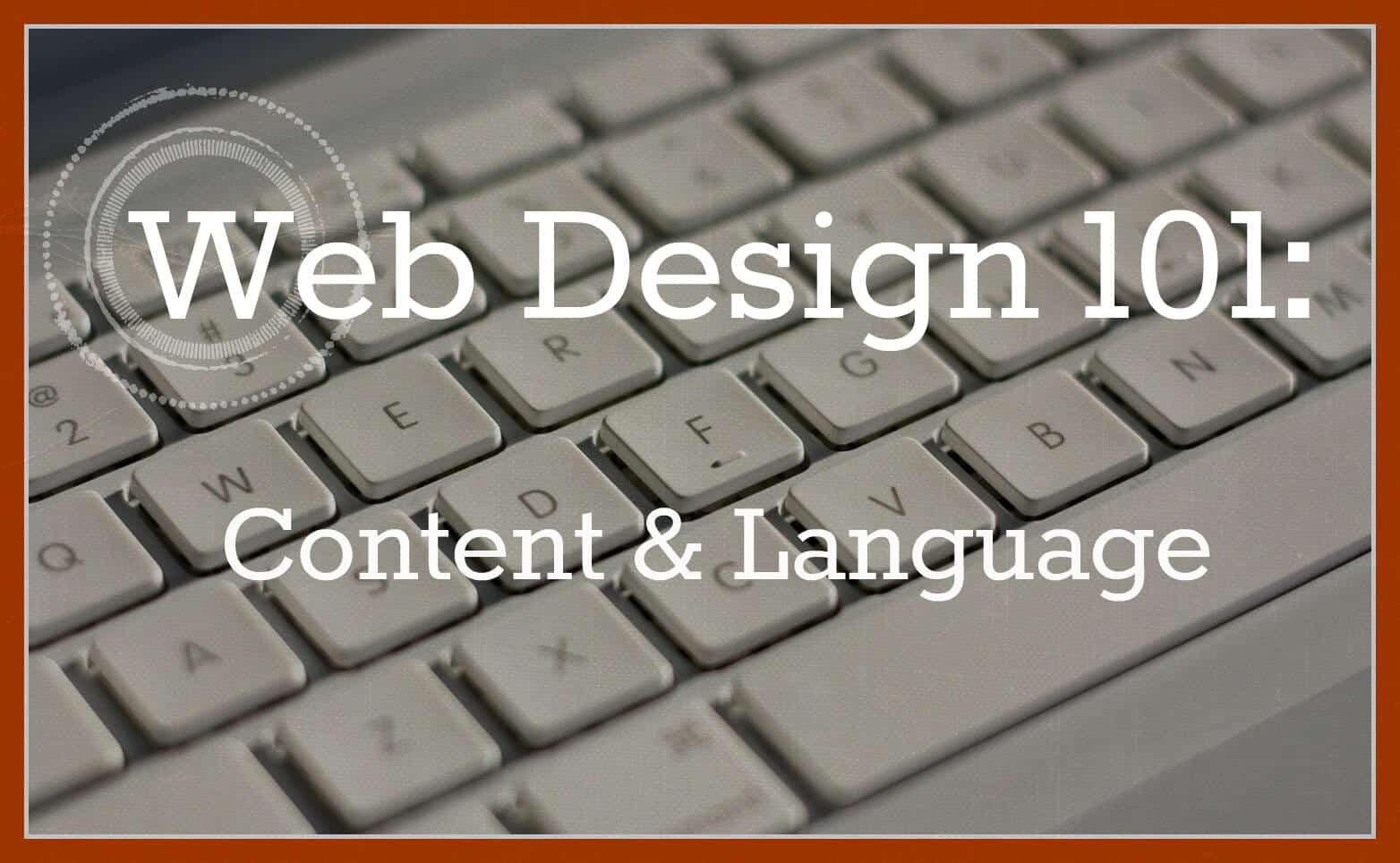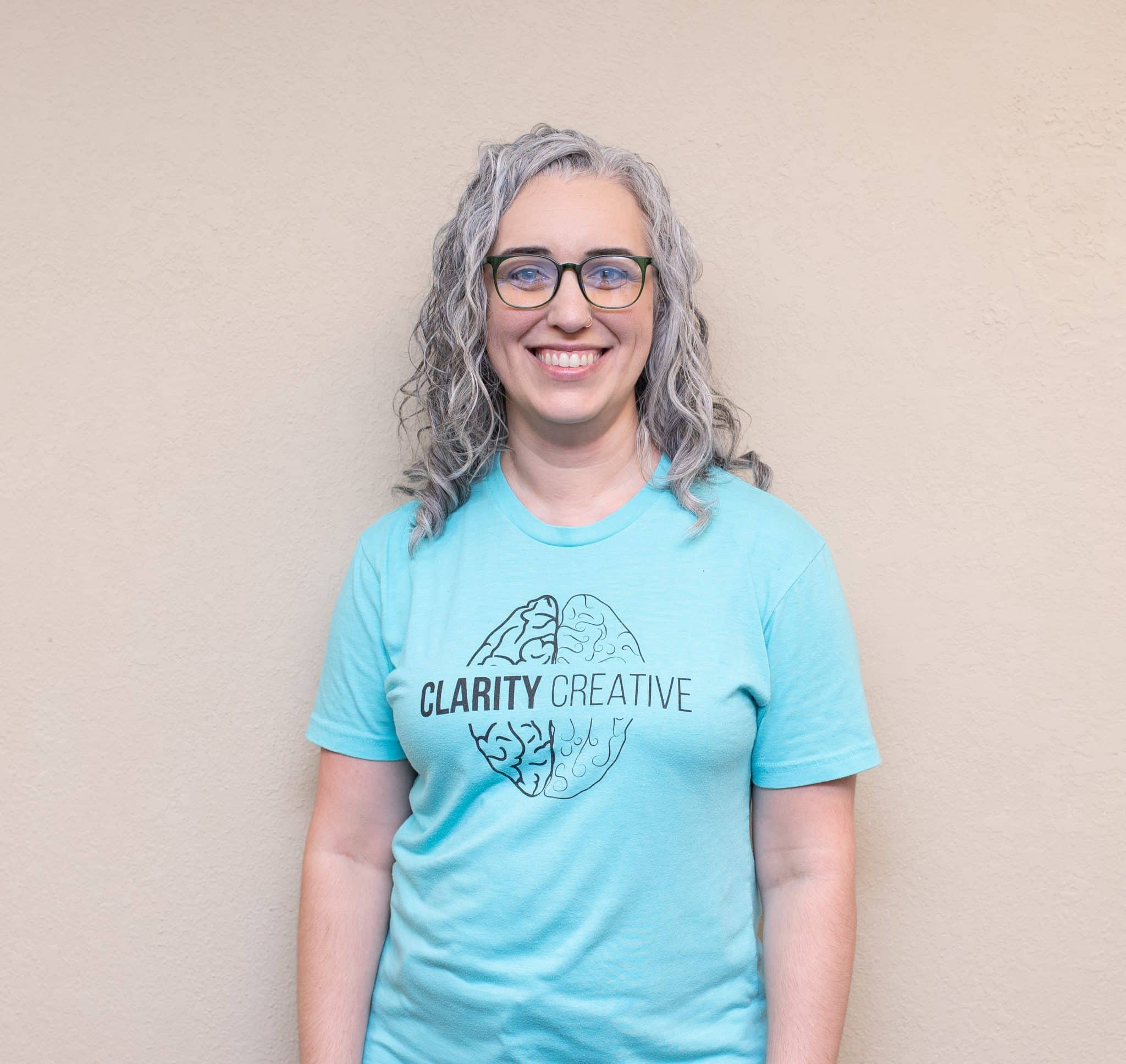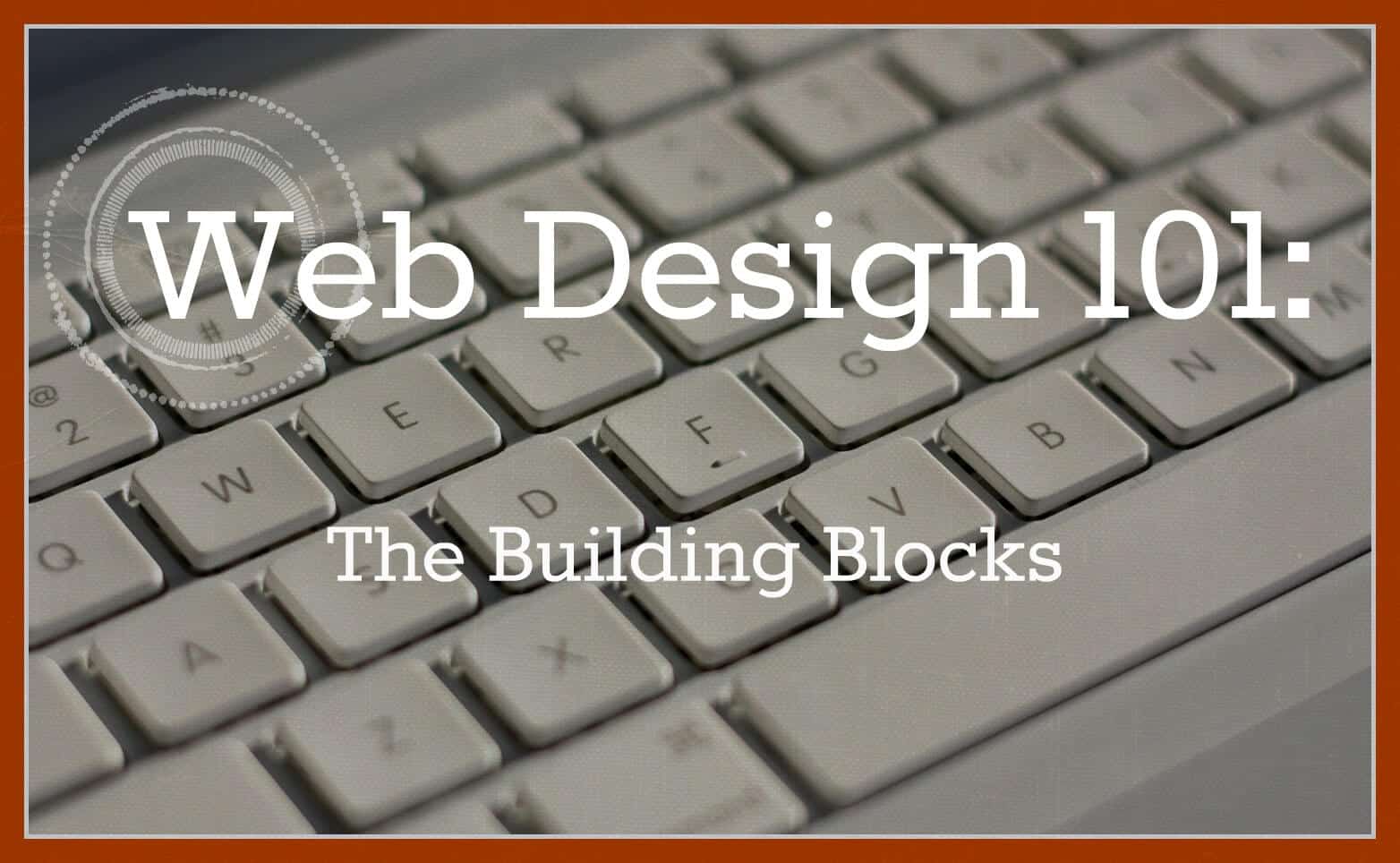How many websites do you visit every week? Or—if you’re an internet addict like yours truly—every day?
You may think you know a lot about websites and maybe you are pretty good at distinguishing a well-designed site from a fly-by-night operation. But how much do you really know about the decisions that went into creating those websites? How did they choose their colors and font? How did they decide what types of pages to include? What kind of coffee did they drink while programming?
Well, allow me to let you in on a little secret: Those decisions are not accidents; they’re not random; and home-roasted Kenyan.
Part 4 of 5: As we go through our “Web Design 101” series, we finally get to the “meat and potatoes” of website building: the textual content that describes you or your business and incites your prospective customer to action (or apathy). Yet many business owners and web designers don’t seem to value or know how to execute this important step in website creation.
Follow the Rules
First things first: the content of your website must follow the rules of the English language (or whatever language you’re writing in.) Nothing makes a company look more unprofessional than having poor spelling, punctuation, or grammar on their official website.
This means you need to know the difference between “your” and “you’re,” and “there/their/they’re.” This also means using spell check, but not relying on it (as this poem can attest).
Read your text out loud—word for word—to see if it makes sense. It’s easy to overlook mistakes during a quick glance; hearing them spoken will make any weird grammatical errors stand out. And if you’re admittedly bad at this, have someone who knows what they’re doing proofread and edit your web pages.
What’s Your Point?
Second, make sure your content is informative to the reader.
Well, duh, you might say. Like I’m gonna forget to include information! But this goes beyond just telling them what time your store opens on Sundays.
In order to be informative, information must be understandable, relevant, and specific.
Keep your text easy to understand by making your point as straightforwardly as possible, with a minimum of detour or fuss. It’s a website; not a Russian novel.
Once you have selected a topic, stay on that topic! Don’t ramble or throw in any unnecessary information. Also, make sure your content is something people actually want to read about (so don’t write a blog post about how Myspace is the next big thing).
Lastly, sometimes less is more, but there’s also such a thing as not enough. Don’t make your visitors guess about your topic or intent.
Don’t Take That Tone With Me!
Web content does more than relay information, it creates a dialogue with your customers.
No, your customers can’t have an actual conversation with a website, but they can pick up on what you’re like as a business owner based on how you “speak” to them on your website.
This is why it is so important to make sure you are choosing the right tone. If you own a cupcake bakery, you may want to write with a more casual, whimsical manner (asking rhetorical questions, making jokes, etc.). But if you’re starting a business as a financial consultant, you’ll likely get more respect (and therefore more business) by adopting a more formal writing style.
Just make sure that the tone you use is authentic to who you are, especially if you own a service-based company. There will be a serious disconnect if your website is full of jokes when you actually have the sense of humor of a zombie.
These are just some of the things to consider when writing content for your web page. If these terms and tips make your head spin, don’t worry. You can always recruit a friend, relative, or professional content writer to write your text for you (these rules are second-nature to people like us).
You don’t have to spend a lot of money or get a degree in Technical Writing to have great content, but you do have to watch your language.
Next up: Web Design 101: Domain Name
Other articles in this series:
Web Design 101: The Building Blocks
Web Design 101: Layout
Web Design 101: Design
Clarity Creative Group is a web design and internet marketing company located in beautiful Orlando, Florida. We strive to be equally expert at writing content as we are at coding websites.
Save
Save







